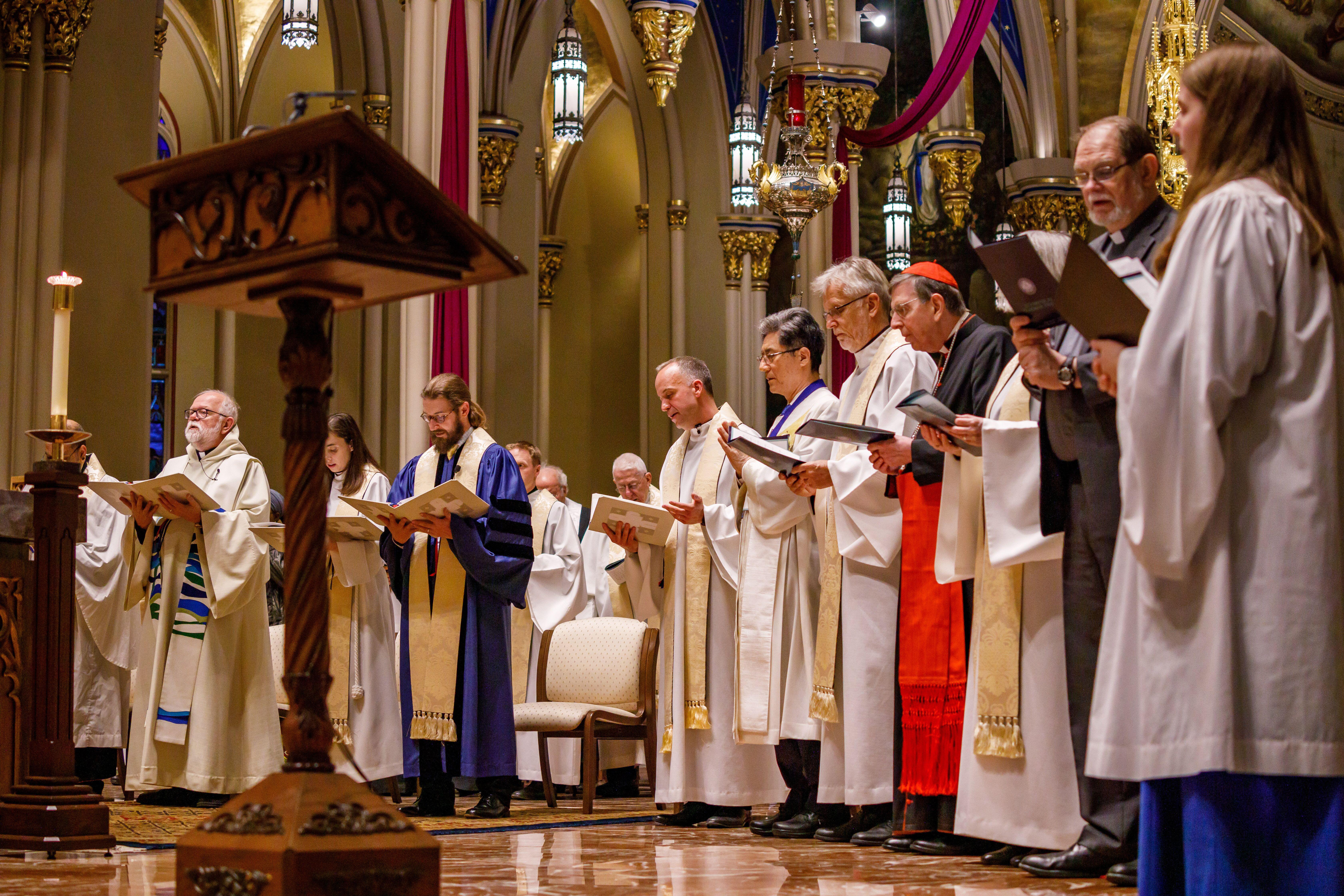Abraham had works that proved his faith, such as his willingness to offer up Isaac. Rahab also proved her faith by her works of hiding the Israelite spies.(Hebrew 11:17-19;
James 2:21-25)
The “works” described in James 2:21 is not good works, or the works of the law or works that earn a wage.
Was not Abraham our father justified by
works when he offered Isaac his son on the altar? Do you see that faith was working together with his works, and by works faith was made perfect? James 2:21-22
The work that James is referring to is
obedience (the obedience of faith), which is the principle of faith that God has called all nation to.
But now is made manifest, and by the scriptures of the prophets, according to the commandment of the everlasting God, made known to all nations for
the obedience of faith: Romans 16:26
Obedience to the word of faith (the word from God by which we receive faith) is necessary to make “faith” complete, as well as active or alive and able to produce the intended divine result, otherwise faith without the corresponding action of obedience remains dormant, or dead.
For as the body without the spirit is dead, so
faith without works is dead also. James 2:26
Contextually the word “works” = obedience (obedience of faith)
The biblical word “believe” Carrie’s the meaning of commit, trust and obey.
This is why we see the phrase ”obeying the Gospel”.
If we “believe” the Gospel we will obey the Gospel.
Believing without obeying is what demons do.
They believe Jesus is Lord, but they continue to obey Satan as their Lord.
Examples of the obedience of faith:
By faith Abraham
obeyed when he was called to go out to the place which he would receive as an inheritance. And he went out, not knowing where he was going. Hebrews 11:8
This account of Abraham is mentioned three times in the Bible and each time we can glean from it.
And the Scripture, foreseeing that God would
justify the Gentiles by faith,
preached the gospel to Abraham beforehand, saying, “In you all the nations shall be blessed.” Galatians 3:8
This example of Abraham demonstrates the principle of justification by faith through obedience; the obedience of faith.
If Abraham believed God when He called, by never left to go out, then he would never have been justified.
No one is justified by disobedience.
JLB





